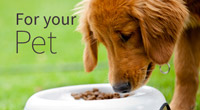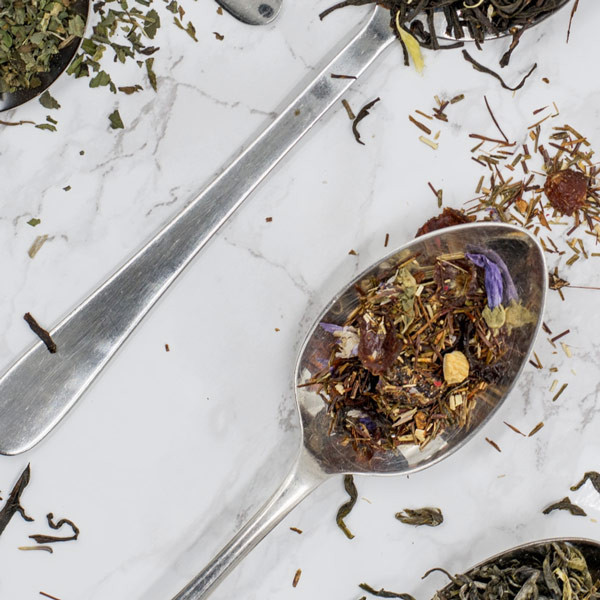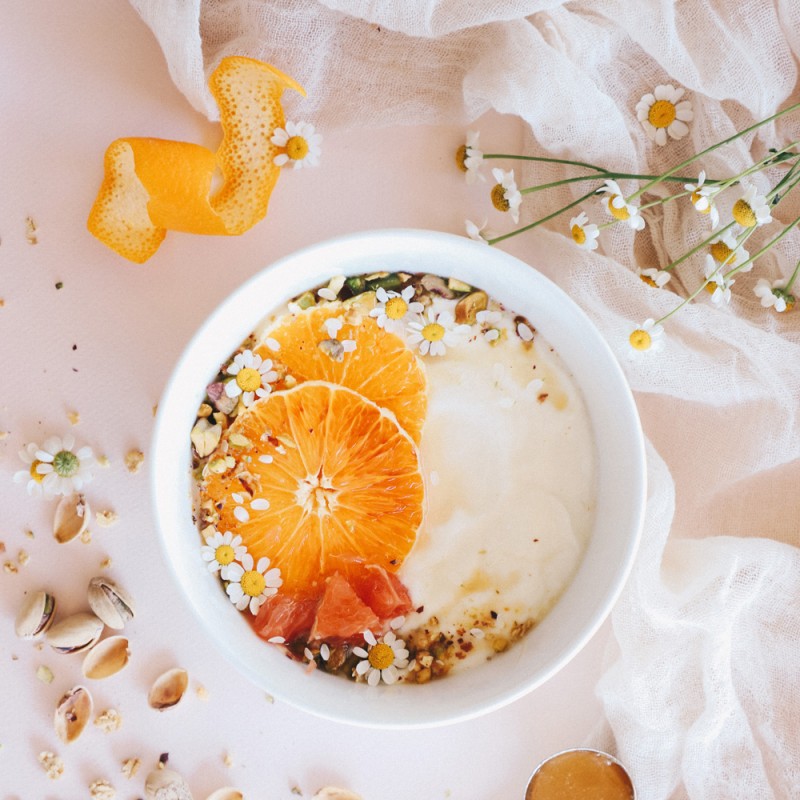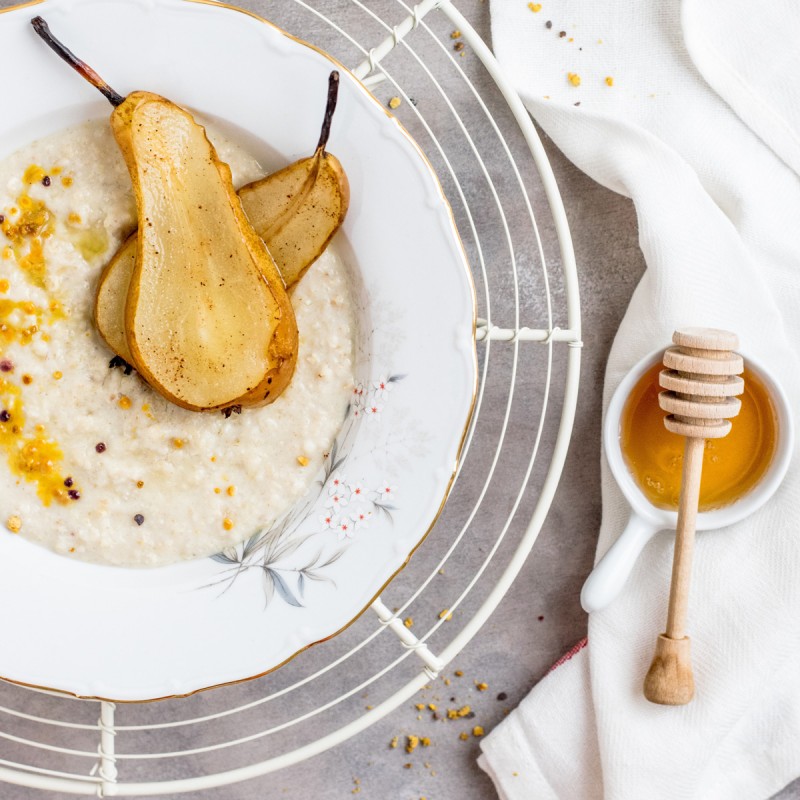Take a moment to survey the area around you. How much plastic can you see? Now consider how much plastic you come into contact with each day, and how much of it is single-use plastic. For most people, the numbers would add up pretty quick.
Society's reliance on plastic is so prevalent, and we're all so used to using it, most of us don't even notice when we are using it.
One day in 2011 Rebecca Prince-Ruiz, a government worker in Western Australia, took notice. She noticed all the little things around her that were made from plastic and took time to truly consider the impact her choices were having on the planet. And so Plastic Free July was born.
Rebecca launched Plastic Free July with the aim to reduce single-use plastic, promoting a 'choose to refuse' movement that has spread across the world with 120 million people in 177 countries taking part in 2018. Now in its 10th year, Plastic Free July encourages people to make just one small change every day for the planet, with the view that small steps can make a significant impact.
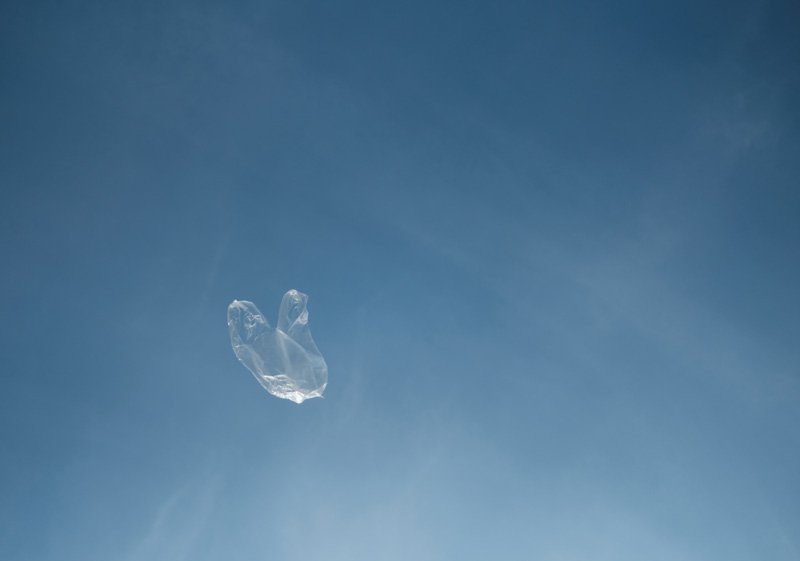
So in the spirit of making small changes for the greater good, we're sharing 17 simple swaps we can all make to reduce our single-use footprint this Plastic Free July, because every little bit counts.
Kitchen
Beeswax food wraps
Beeswax food wraps are a great alternative to cling wrap. They easily mold to plates, bowls, and unused fruit and veg by using the heat from your hands, keeping food contained and fresh for days. Wrappa Reusable Food Wraps are made from organic cotton and natural waxes, with both beeswax and vegan plant-based options available in a variety of gorgeous prints.
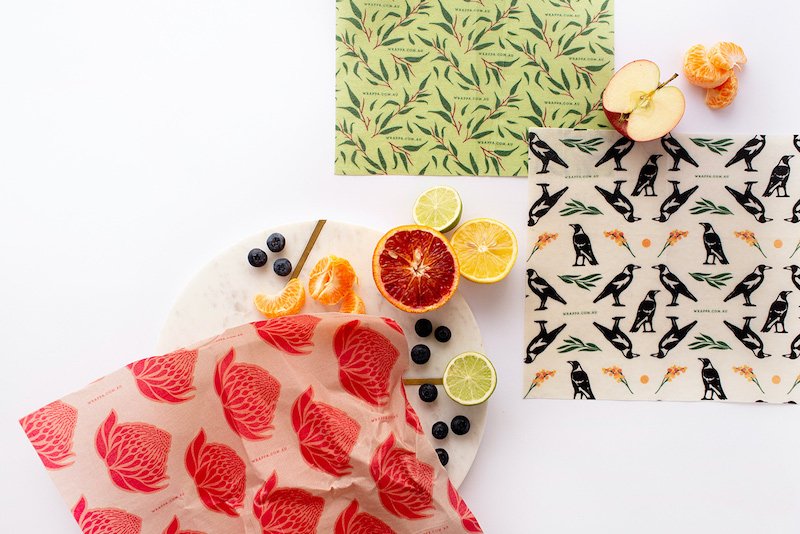
Dishcloths & scourers
Dishcloths and scourers are often made from plastic and thrown away after only a few uses. Trade up to reusable dishcloths you can wash, and natural fibre scourers like coconut husk or bamboo dish brushes.
Dish powder
Swap out plastic wrapped dish washing tablets for a plant-based dish washing powder. Buy an economical bulk size to reduce your footprint even further.
Bathroom
Bar soaps
Instead of liquid body wash use a bar soap like these Pure-Castile Soap Bars from Dr. Bronner's. They don't have any plastic wrapping (in fact their wrappers are made from 100% post-consumer recycled paper and are 100% recyclable), come in a variety of divine scents like rose, citrus, & lavender, and they can be used as a face wash and shampoo too.

Feminine personal hygiene
With so many reusable options for personal hygiene these days it's easy to make the switch from conventional pads and tampons to either reusable pads or menstrual cups. But if reusables or cups still seem a bit too foreign, you can make the switch to an environmentally friendly brand like Tsuno who make natural bamboo fibre sanitary pads that are individually wrapped in biodegradable PLA+PBAT 'plastic' made from corn starch.
Toothbrushes
On average we use a toothbrush for just three months, yet ordinary nylon-and-plastic brushes will spend a lifetime in landfill or our oceans. Swap your plastic toothbrush for a bamboo toothbrush to significantly reduce your annual contribution to the problem; just be sure to dispose of the bristles properly by placing them in the recycling.
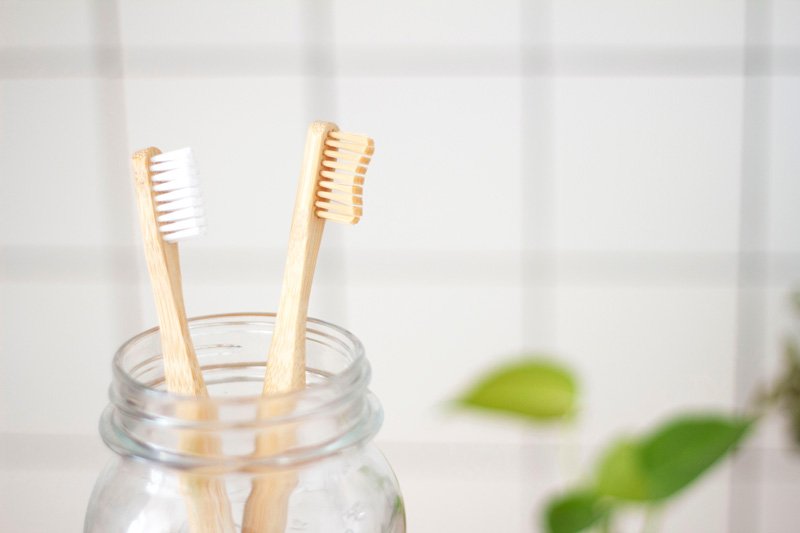
Out & about
Takeaways & lunches
Metal lunch boxes are a great alternative to takeaway containers and plastic lunch boxes. They're made from food grade stainless steel making them super sturdy and long lasting, and they're leak proof too. Or, you could try this Insulated Food Jar from Cheeki for a double-walled food jar that will keep food hot or cold for up to 12 hours.
Cutlery
The next time you head on a picnic or go camping pack some ecofriendly cutlery instead of plastic. These cornstarch cutlery sets from EcoSouLife are made from plants and cornstarch, which biodegrades in 6 - 18 months.

Straws
Plastic straws are among the 10 most common plastics found in our oceans and on our coastlines. Say no to throwaway plastic straws, opting for a reusable stainless-steel straw like these stylish ones from Cheeki, which come with their own carry bag and cleaning brush.
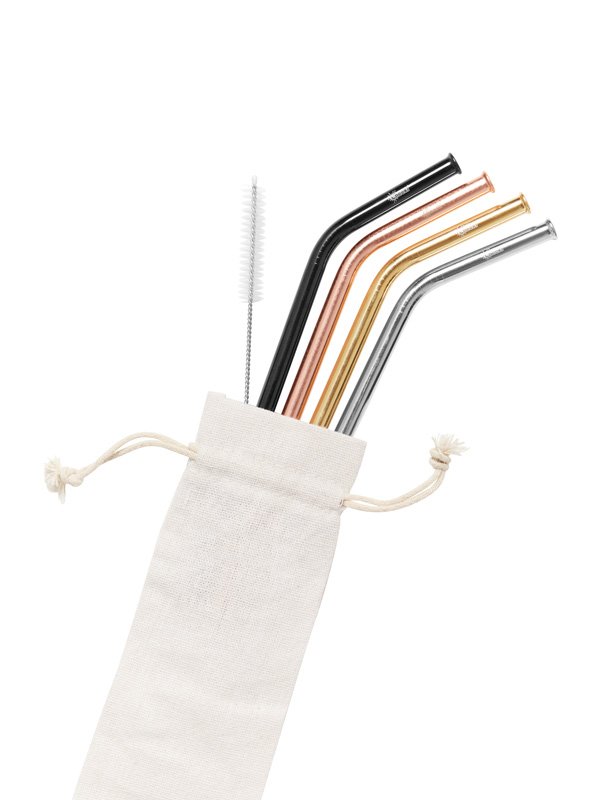
Water bottles
Like plastic straws, plastic bottles are in the top 10 most common plastics found on our coastlines. Making the switch to a reusable water bottle is a great way to reduce single use plastic, particularly if they're made from stainless steel. These stainless-steel ones from Cheeki even come with a bamboo lid to reduce your plastic footprint even further.

Coffee cups
It is estimated that Australians go through a staggering 1 billion disposable coffee cups per year, so switching to a reusable coffee cup has the potential to make a significant impact on the single-use plastic dilemma.

Shopping
Shopping bags
Most consumers take their own shopping bags with them when they hit the supermarket now, but what about the produce aisles? Instead of using the plastic bags provided in the fruit and veg section, take your own reusable produce bags or netted totes with you. Or even better, head to the local farmer's market for your produce.

Markets
A great option for your Sunday morning market haul is to load your fruit and veg up into a basket. There are some beautiful designs around and they're a durable, long-lasting option that you'll be able to fit a whole lot of goodies in!
Waste in the home
Rubbish bags
These Food Waste Bags from If You Care are made from 100% GMO starch-free potatoes and certified compostable polymer, making them a fully compostable (and super sturdy) option for your rubbish bins.
Baby
Nappies
Make the switch to reusable nappies and reduce the estimated 5.6 million disposable nappies headed to landfill each day in Australia. These Luxury Towelling Nappies from eco-warriors Nature's Child are soft on bottoms and kind to the planet, made from premium plush terry cotton.
Baby wipes
Did you know many conventional baby wipes not only include plastic but harsh chemicals too? Try these reusable baby wipes from Nature's Child, made from 100% chemical-free certified organic cotton for a softer and safer option for baby's most delicate area.
Product choices
Sometimes an environmentally friendly swap can be as easy as the products you choose to buy. Swap plastic wrapped products for those wrapped in compostable packaging like Loving Earth chocolates, or buy juices and sodas packaged in glass bottles instead of plastic.

Will you be participating in Plastic Free July this year?
Share with us your tips and tricks for reducing your single-use plastic footprint in the comments below.
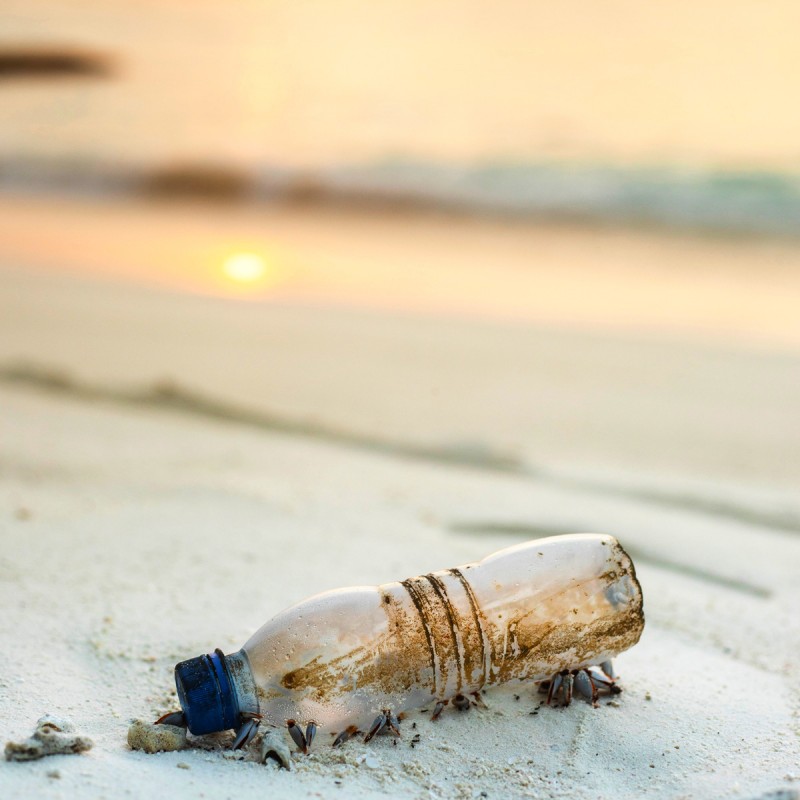
Love Health?
From recipes, trends and discounts, expect great things via email this month.
More Great Reads!
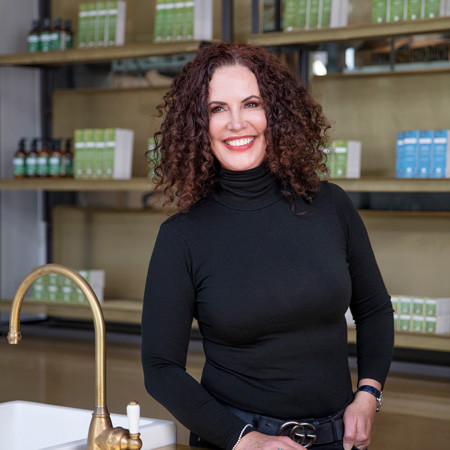
Behind The Brand: Antipodes
Recipes We Love!
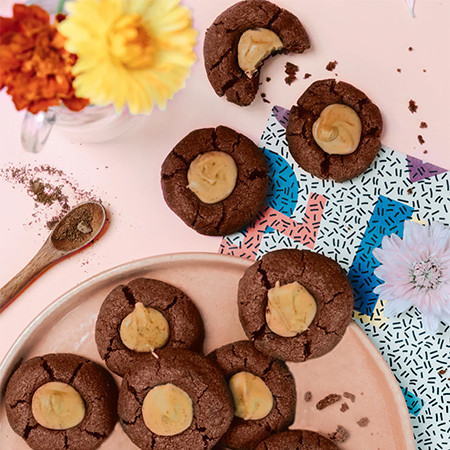
Clever Cookies



